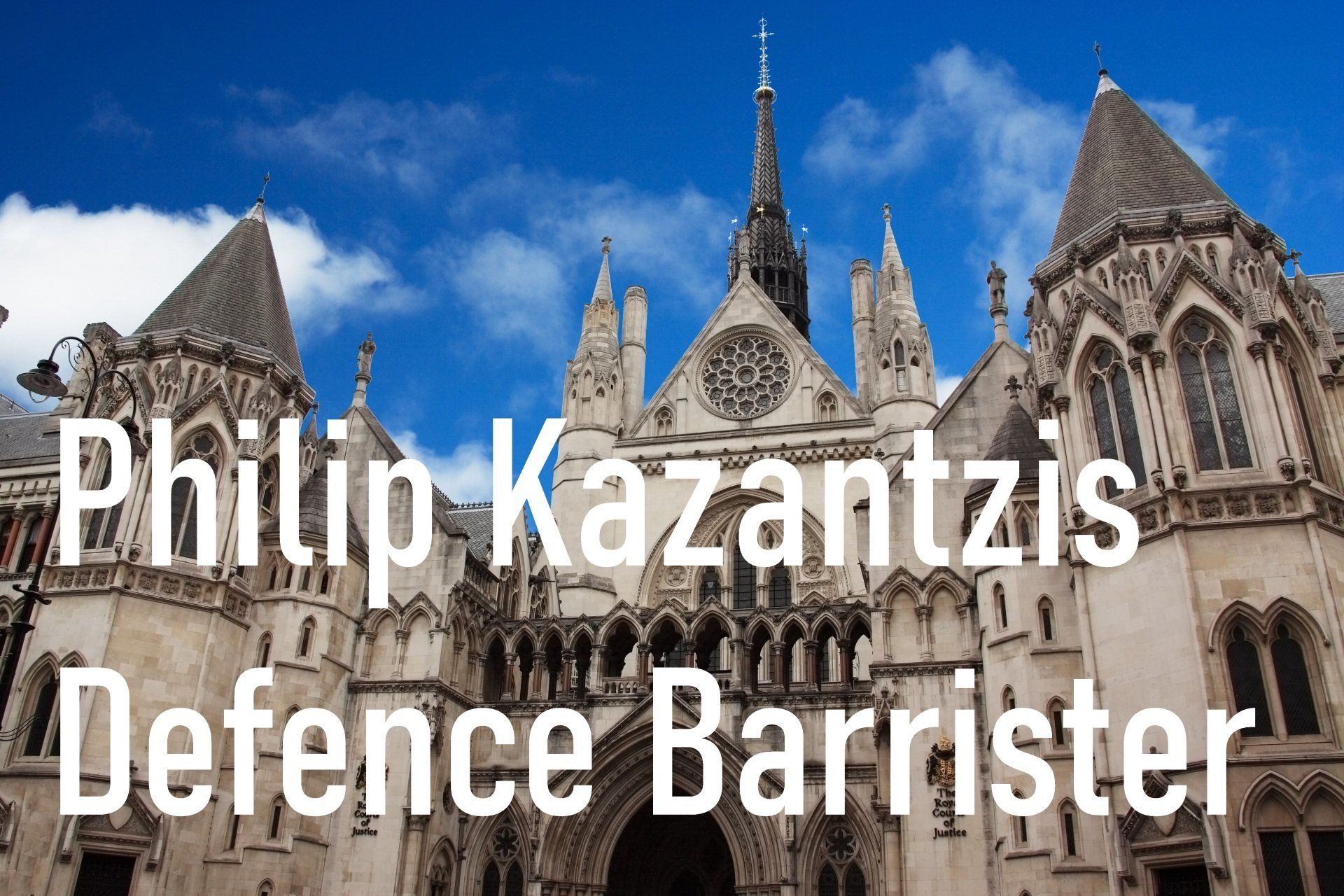Solicitors Regulation Authority (SRA) Warned over the Regulation of Private Lives
Divisional Court Ruling Overturns the findings of the Solicitors Disciplinary Tribunal (SDT): Ryan Beckwith and SRA [2020] EWHC 3231 (Admin)
Mr Beckwith was represented by Alisdair Williamson QC at Three Raymond Buildings, instructed by Nick Brett at Brett Wilson LLP.
Mr Beckwith was a former partner in a magic circle firm
The Court ruled:
"There can be no hard and fast rule either that regulation under the Handbook may never be directed to the regulated person's private life, or that any/every aspect of her private life is liable to scrutiny. But Principle 2 or Principle 6 may reach into private life only when conduct that is part of a person's private life realistically touches on her practise of the profession (Principle 2) or the standing of the profession (Principle 6). Any such conduct must be qualitatively relevant. It must, in a way that is demonstrably relevant, engage one or other of the standards of behaviour which are set out in or necessarily implicit from the Handbook. In this way, the required fair balance is properly struck between the right to respect to private life and the public interest in the regulation of the solicitor's profession. Regulators will do well to recognise that it is all too easy to be dogmatic without knowing it; popular outcry is not proof that a particular set of events gives rise to any matter falling within a regulator's remit." Emphasis added - paragraph 54 of the judgment.
Philip is available to assist in similar matters
"In summary the Tribunal found that what it described as a "sexual encounter" had occurred between the Appellant and Person A during the evening of 1 – 2 July 2016. Earlier that evening the Appellant and Person A had been part of a group drinking in a pub near the Firm's London office. Person A was an associate solicitor at the Firm in its Restructuring and Insolvency Department, the same department the Appellant worked in. In June 2016 Person A had resigned from her employment with the Firm following an offer of employment with another law firm. Her last day of work was 8 July 2016. The drinks on Friday 1 July 2016 were in anticipation of her departure.
The Tribunal next set out its specific findings on the component parts of Allegation 1.2: see paragraphs 25.177 to 25.191 of its judgment, also set out in full the Annex to this judgment. The Tribunal's findings on these matters can be summarised as follows. It accepted that the Appellant was in a position of seniority and/or authority over Person A. The Appellant had not disputed this. The Tribunal found that the Appellant knew that Person A was "heavily intoxicated and that her judgement and decision-making ability was impaired". The Tribunal had, earlier in its judgment (at paragraph 25.172.1) found that the Appellant's judgement was also "influenced by his own alcohol consumption that evening". Notwithstanding that Person A was "heavily intoxicated", the Tribunal rejected the contention that she was "vulnerable". The Tribunal found that the allegation at paragraph 1.2.4 of Allegation 1.2 had not been proved: i.e. it concluded that the Appellant had not entered Person A's home without being invited in. In respect of the next part of Allegation 1.2, the Tribunal found that the Appellant knew he had not been invited in with a view to sexual activity. The Tribunal rejected the allegation that the Appellant had acted in abuse of his position of seniority or authority. It found instead that by engaging in sexual activity with Person A he had acted "inappropriately".
Based on these findings the Tribunal went on to conclude that the Appellant's actions were a breach of Principle 2 of the 2011 Principles, the obligation to act with integrity, and also a breach of Principle 6 the requirement to behave in a way that maintains the trust the public places in solicitors and in the provision of legal services. " Paragraphs 6 to 8 inclusive of the judgment.
The Court also commented upon the issue of costs in the tribunal at paragraph 59 of the judgment:
"The costs claimed by the SRA in respect of the proceedings before the Tribunal were alarming. The factual issues raised by Allegations 1.1 and 1.2 were not complex; the disputes of fact all arose within a short compass and were relatively straightforward. There is real force in the Appellant's submission that the SRA failed to prove Allegation 1.1 and, when it came to Allegation 1.2, succeeded only on a factual basis largely consistent with his own evidence. We can see no basis on which the amount claimed by the SRA could provide any guide at all to what it would have been reasonable and proportionate for the Appellant to pay, even if the SRA had succeeded on its case in its entirety. Taking matters in the round, the Tribunal's reasons for the costs order made (paragraphs 42 – 44 of the judgment) are not coherent."
The matter is also reported by Jemma Singo in the Law Society Gazette.
British and Irish Legal Information Institute - Access to Freely Available British and Irish Public Legal Information www.bailii.org

